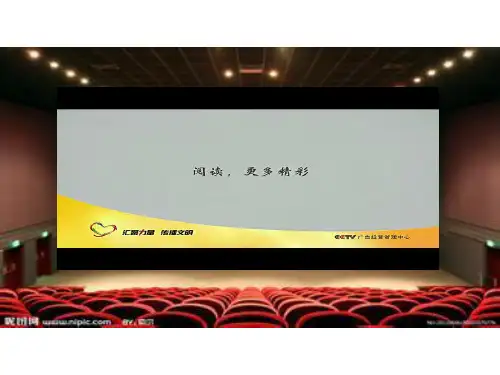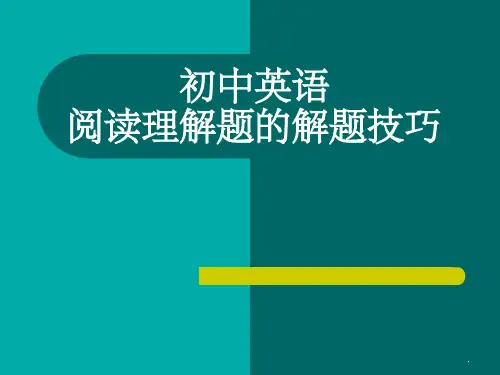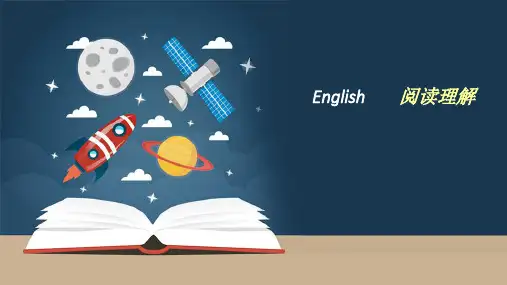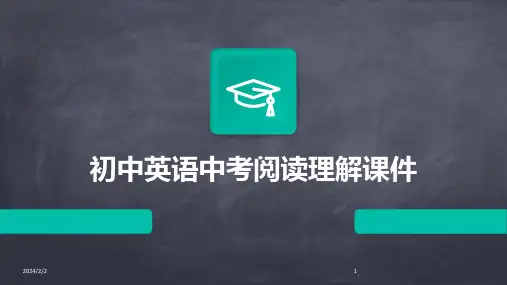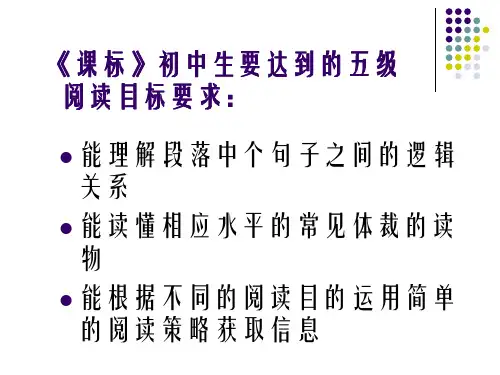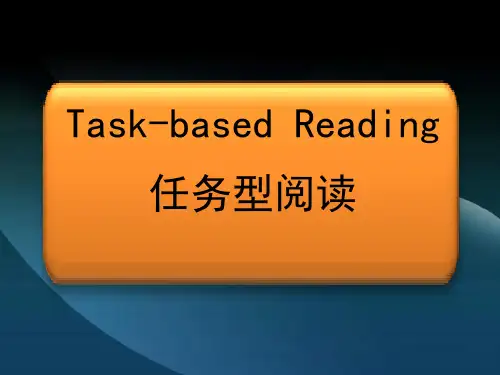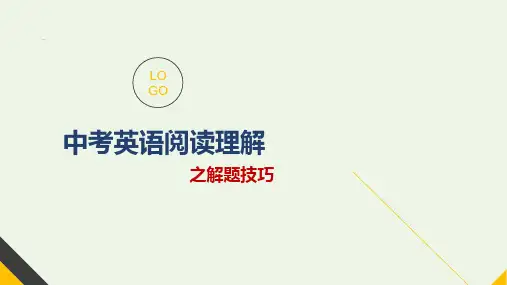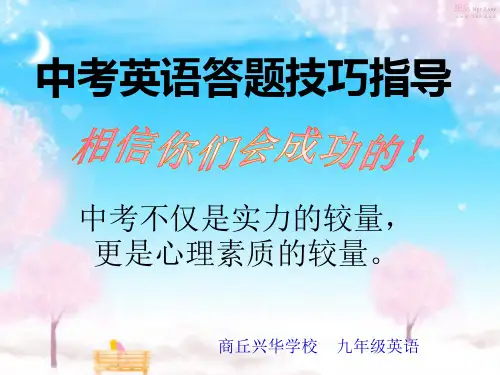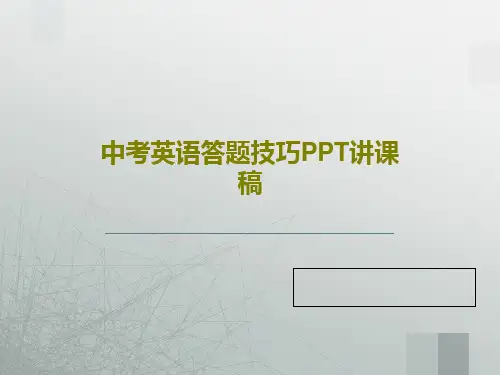据(data)等。新闻、说明文、广告信息
等常常考查这些细节。
.
提问形式:
Which of the following statements is true/false?
Which of the following is (not) mentioned?
According to the passage, when (where, why, how, who, etc. ) ...
C. Music was from a Greek village. 这是一个很容易让考生发错误的题目,文章确实交待了 音乐来自于古希腊语,但是,不是村庄,Village。需要 仔细审题。
D. Everyone is interested in pop music. 这种一把抓的题目基本上都可以从文章中找到否定的句 子,they become interested in listening to pop music. 追回到前面的内容,我们可以看出THEY指的是Babies and young children,而不是EVERYONE
.
A. The Muses invented music. 第二段的开始交待了没有人确切的知道音乐是被谁发明 的
B. Music can bring people some feelings. 原文中可以找到对应的句子“But we know that music
plays an important part in almost everyone's life.”
有些文章或段落无明显的主 题句, 只是暗示性地体现主题. 这就要求考生在阅读过程中根
据文中所叙述的事实 或提供的 线索来概括总结主旨大意。
.
